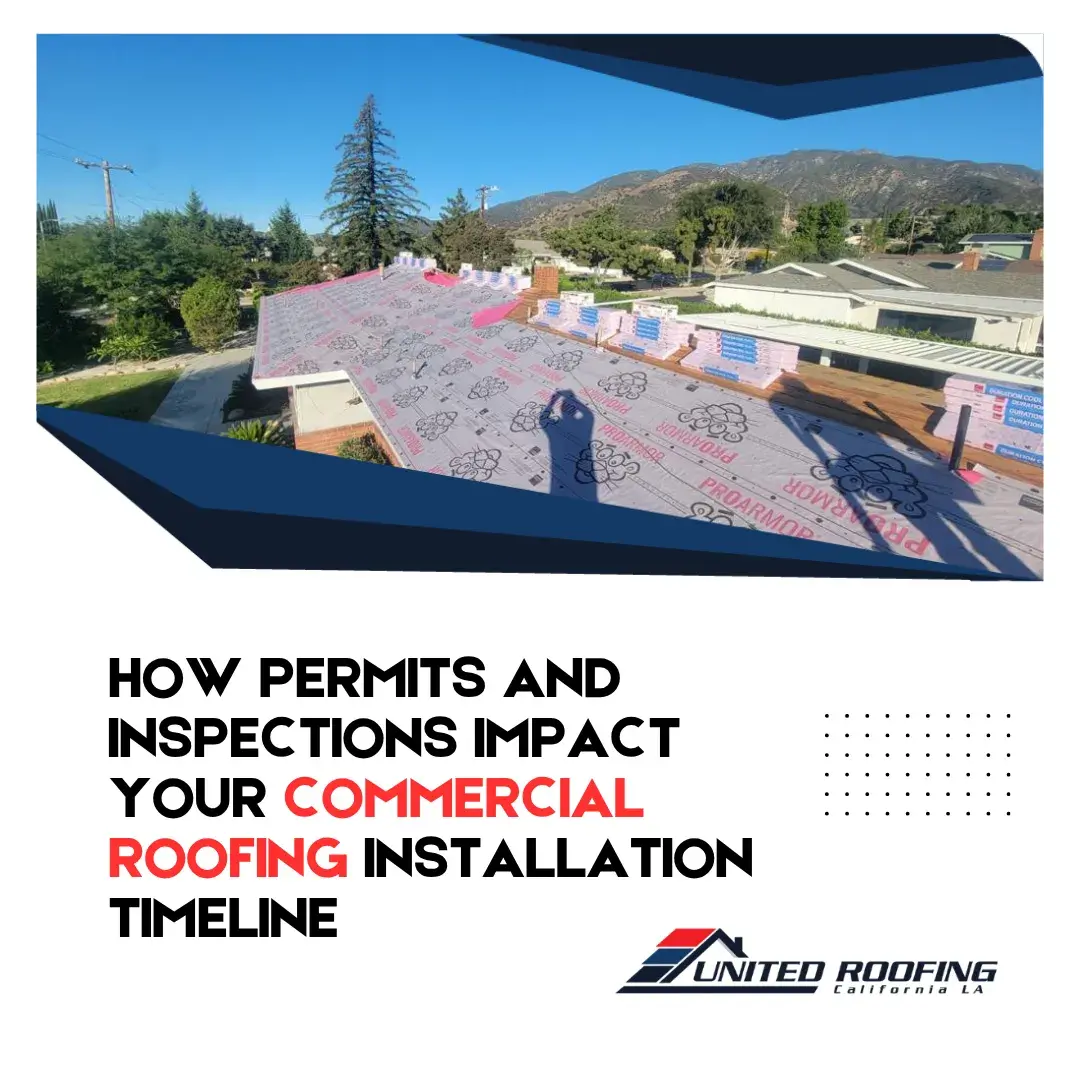Permits and inspections are essential components of any commercial roofing project, ensuring compliance with building codes and safety regulations. While necessary, these processes can significantly affect your project timeline if not properly managed. Understanding how local authorities handle approvals and what steps are involved allows you to plan accordingly and avoid unexpected delays. A successful Commercial Roofing installation depends on more than materials and labor—it requires strategic coordination with regulatory agencies.
The Role of Permits in Roofing Projects
Before any commercial roofing work begins, a permit is typically required to ensure the project complies with local codes and structural standards. Obtaining this permit can take time, especially in areas with backlogged building departments. Incomplete applications or missing documentation may cause further delays. Working with a contractor who understands local permitting procedures helps expedite the process and reduces the risk of administrative setbacks in your Commercial Roofing timeline.
Inspection Requirements and Project Phases
Throughout the installation, various inspections are scheduled to verify that the work meets code. These may include pre-inspections of the existing structure, mid-project evaluations, and final approval before completion. If an inspection reveals issues, the project may pause until corrections are made and the site is cleared for the next phase. A seasoned roofing team prepares for these checkpoints by adhering to best practices and ensuring all work is inspection-ready at each stage.
Coordination Between Contractor and Municipality
Open communication between your roofing contractor and the local building authority is critical for a smooth process. Contractors familiar with the inspection schedule can time installations to minimize downtime between phases. They also ensure documentation—like product specs and system details—is submitted correctly and on time. This collaborative approach shortens approval windows and keeps your commercial roofing project on track.
Proactive Planning to Reduce Delays
The best way to prevent permit and inspection delays is to plan early. This includes securing permits before material delivery, scheduling inspections in advance, and allowing flexibility in the project timeline. When these elements are considered from the beginning, installation can proceed with fewer interruptions. Choosing a roofing partner who knows the ins and outs of regulatory compliance ensures your roof is installed efficiently and meets all local requirements without unnecessary holdups.
Learn More
Speed Up Commercial Roofing Installation Without Compromising Quality

